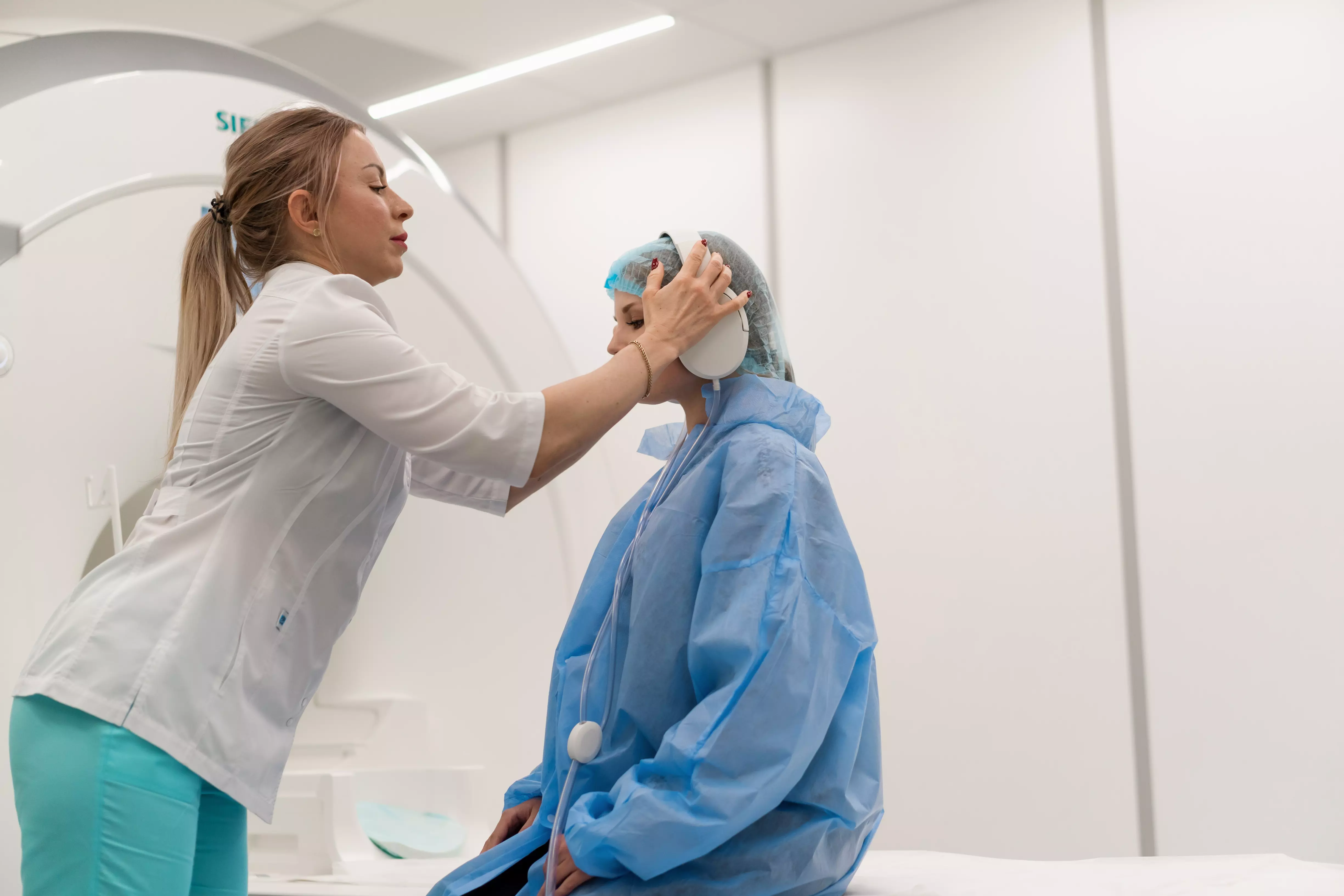How to prepare for radiation therapy: tips for patients
Radiation therapy is an effective cancer treatment that uses high-energy radiation to kill cancer cells. If you are prescribed radiation therapy, you may be wondering how to prepare for it. Here are some tips to help you through the process.
Understand your treatment plan
The key to preparing for radiation therapy is to understand what to expect. You should find out from your doctor how many sessions you will have, how long they will last, and what the potential side effects may be. You should also know the goal of your treatment: whether it is to remove the cancer completely or to alleviate symptoms.
Healthy Lifestyle
It is worthwhile to take care of a healthy lifestyle. A balanced diet and regular physical activity can help you endure treatment better and recover faster. Remember to stay hydrated and eat protein-rich foods, which are key to recovery.

Skin care
Radiation therapy often causes skin changes such as dryness, redness or itching. It's a good idea to stock up on gentle, non-concentrated soaps and body lotions. Try to avoid the sun and don't use cosmetics containing alcohol on your skin.
Emotional preparation
Radiation therapy, like any cancer treatment, can be a source of stress and anxiety. Seeking support from loved ones, professionals (such as a psychologist) or other patients can help you cope with these emotions. Remember that you are not alone in this and you can ask for help.
Organizing your daily life
Radiation therapy involves regular visits to the cancer center, which can affect your daily life. You may need to arrange transportation to and from the facility, as well as support at home, such as cooking, cleaning or childcare.
Communication with the medical team
Remember that communication with your medical team is key to effective treatment. If you have any questions or concerns, don't hesitate to ask them. If you experience side effects, let your doctor know - there are ways to alleviate many of them.
Conclusions
Radiation therapy is a serious treatment that requires proper preparation. Understanding your treatment plan, maintaining a healthy lifestyle, taking care of your skin, being emotionally prepared, organizing your daily life and communicating well with your medical team can all help you get through this difficult time and focus on what matters most - overcoming the disease.

Add comment